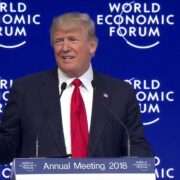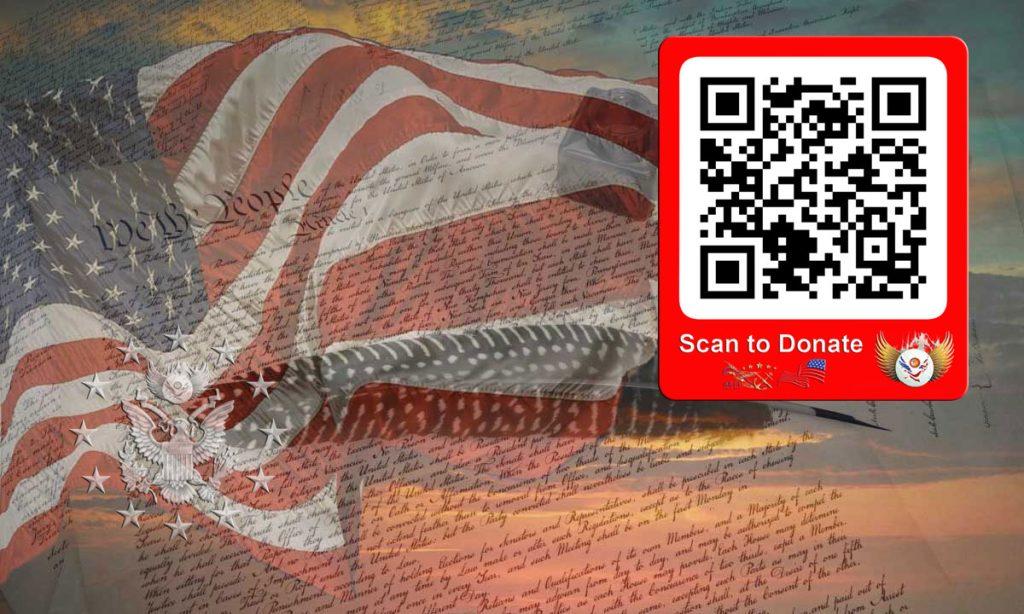Martial law has been declared more than 60 times in U.S. history, mostly by state and local officials. However, the concept has no established definition.
The limited Supreme Court precedent on martial law is old, vague, and inconsistent. No federal statute defines what the term actually means. As a result, the exact scope and limits of martial law are dangerously unclear. Congress and state legislatures must enact new laws that better define them.
What is martial law?
In the United States, martial law usually refers to a power that, in an emergency, allows the military to take the place of the civilian government and exercise jurisdiction over civilians in a particular area. But “martial law” has no established definition, because across history, different people have used the term to describe a wide variety of actions, practices, or roles for the military. The law governing it is complicated and unsettled — and, as a result, the concept has never been well understood.
Can the U.S. President declare martial law?
The Supreme Court has never clearly stated whether the federal government has the power to declare martial law, and if so, whether the president could unilaterally declare it or whether it would require congressional authorization. However, the Supreme Court’s 1952 ruling in Youngstown Sheet & Tube Company v. Sawyer provides a framework for analyzing exercises of executive power — and would likely be used by a court to determine whether a president’s martial law declaration has exceeded executive authority.
According to Youngstown, when Congress has addressed an issue by passing a statute, the president cannot act against Congress’s will — as expressed in the statute — unless the Constitution gives the president “conclusive and preclusive” power over that issue. When it comes to domestic deployment of the military, Congress has expressed its will in two ways. First, it has enacted a wide variety of laws that regulate when and where the military may be used domestically. These laws are so comprehensive that Congress has “occupied the field,” meaning that if the president were to use the military domestically in a way that Congress has not affirmatively authorized (such as by declaring martial law), it would effectively be against Congress’s will. Second, and more specifically, the Posse Comitatus Act makes it illegal for federal military forces to participate in civilian law enforcement activities — the exact sort of activities that are associated with martial law — unless Congress has provided express authorization.
In short, Congress has placed clear and wide-ranging restrictions on the president’s ability to use the military domestically. A presidential declaration of martial law would violate these rules. The Constitution does not grant the president “conclusive and preclusive” power over the issue of domestic military deployment. On the contrary, it gives most of the relevant authority to Congress. Therefore, under Youngstown, the president would not have the constitutional authority to override the restrictions Congress has put in place, and a unilateral declaration of martial law would not survive a legal challenge.
What has Congress said about martial law?
There are no existing federal statutes that authorize the president to declare martial law. However, while Congress has passed a multitude of laws related to domestic military deployment, these laws do not only create restrictions. Congress has also given the president considerable authority to use troops domestically in ways short of martial law. The Insurrection Act, and potentially Title 32 as well, allow the president to deploy the military to assist civilian authorities with law enforcement activities virtually whenever and wherever the president chooses. In some scenarios, a deployment of troops under these statutes might appear similar to a declaration of martial law. These ambiguities and the breadth of the president’s statutory authority point to the need for Congress to pass legislation that better defines the scope and limits of presidential powers — both for martial law and for other domestic uses of the military.
Does the Constitution apply under martial law?
Yes. The federal government is bound at all times by the Constitution. Even under martial law, the government cannot suspend or violate constitutional rights. Additionally, martial law declarations are subject to judicial review. For example, if the federal government places a state or territory under martial law, individuals detained by the military can ask a federal court to order their release by petitioning for the writ of habeas corpus. Subsequently, if a court considers the petition, it can decide whether the declaration of martial law was constitutional in the first place.
Can states declare martial law?
The Supreme Court has held that individual states have the power to declare martial law — and such a declaration is valid simply if it is authorized by the constitution or laws of the state. States have declared martial law far more frequently than the federal government. However, even under martial law, state officials are bound both by the U.S. Constitution and by valid federal laws. Additionally, individuals can challenge a state declaration of martial law by seeking injunctive relief in federal court — and if they are detained, they can petition for the writ of habeas corpus.
Read the full report
Source: Brennan Center for Justice























Comments